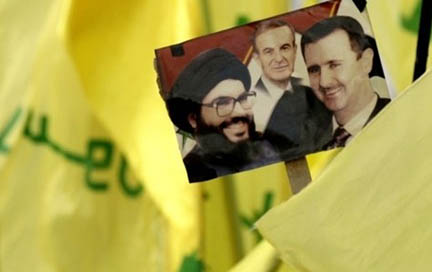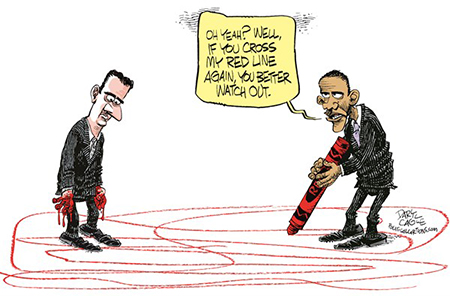

The biblical prophet Isaiah talked about turning swords into plowshares. Leave it to a bunch of Idahoites to turn bullets into bullshit. In the online world of chickenhawkers of nonsense, you are now able to buy pork-laced ammunition. The theory (I hesitate to use this term for such a potato-head notion) is that if a Muslim jihadi is shot with one of these bullets he will, of course, go straight to hell. Here is the rationale on the “about us” of their website:
History of dealings with radical Islam from the days of Jefferson and the Barbary Pirates to actions of Gen. John J. “Black Jack” Pershing in the early 1900’s in the Philippines gave clarity to a modern day market solution-Jihawg Ammo. Our preference is peace first but if a fight is to be had we are determined and resolved to win. Thus came the beginning of the truest form of defensive ammunition ever created in history.
A natural deterrent that prevents violence just by owning it but will strike fear into the hearts of those bent upon hate, violence and murder. Jihawg Ammo is certified “Haraam” or unclean. According to the belief system of the radical Islamist becoming “unclean” during Jihad will prevent their attaining entrance into heaven. Jihawg Ammo is a natural deterrent to radical and suicidal acts of violence.
Our Porcine Coating (Pattern Pending) is infused with the highest quality pork product made right here in America. Jihawg Ammo is produced in the great state of Idaho.
We at Jihawg Ammo hope you will stock up on Jihawg as a natural deterrent to the ever growing threat of radical Islam and Sharia Law. We, however, stress that the nullifying principle of our product is only effective if you are attacked by an Islamist in Jihad. Otherwise, our ammo functions just like any other ammunition so we obviously insist upon defensive use of our ammo only-not offensive.
I suppose it is a comfort that this ammo is only for defense, but then it is sad indeed that those folk who think Obama is a Muslim and the U.S. Supreme Court is about to institute shariah law are also convinced that the Moslems will soon be staging operations in their own backyard (now that the commies decided not to come and rape our women, after all). Perhaps in addition to gun control, we also need dumb-ass control.






